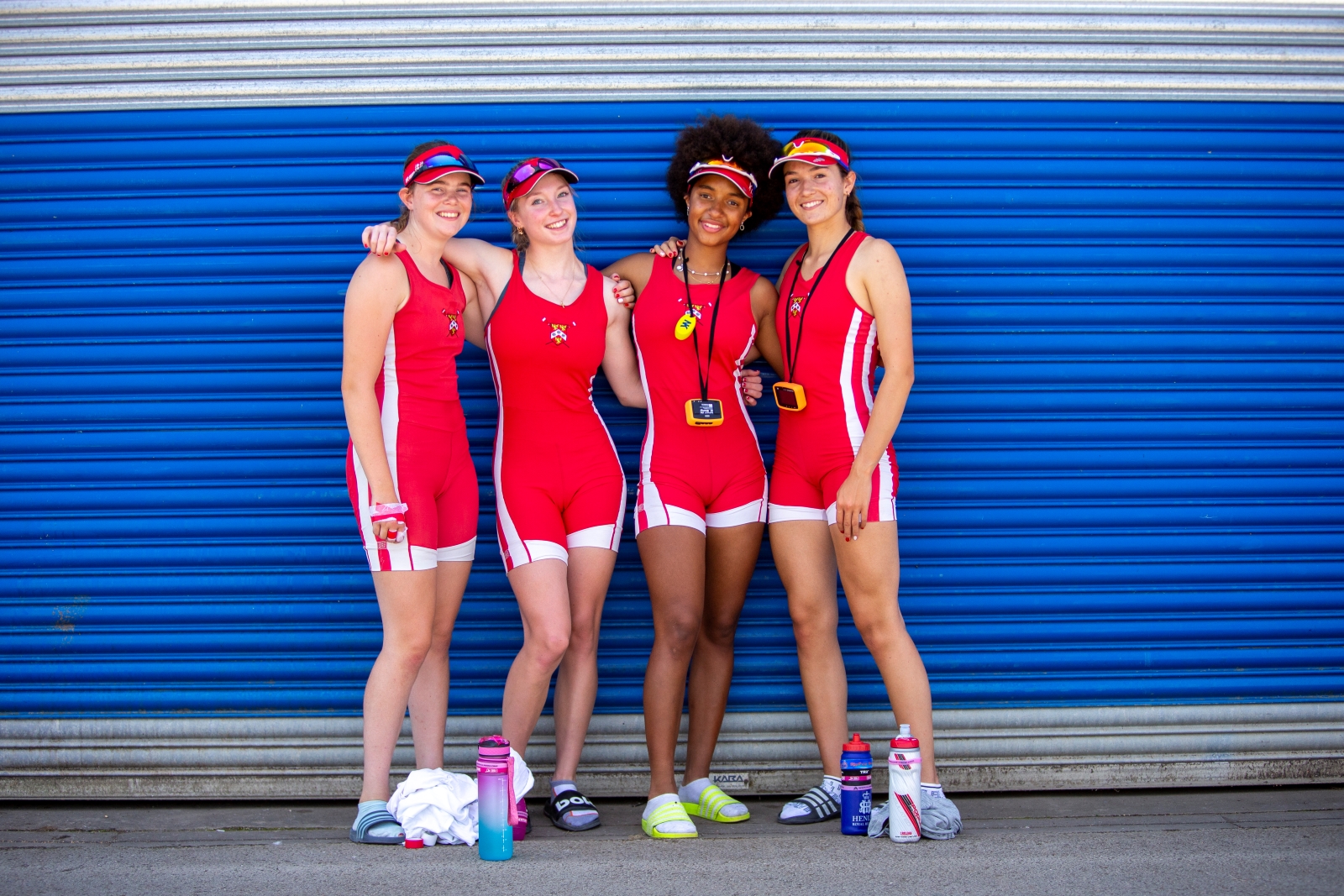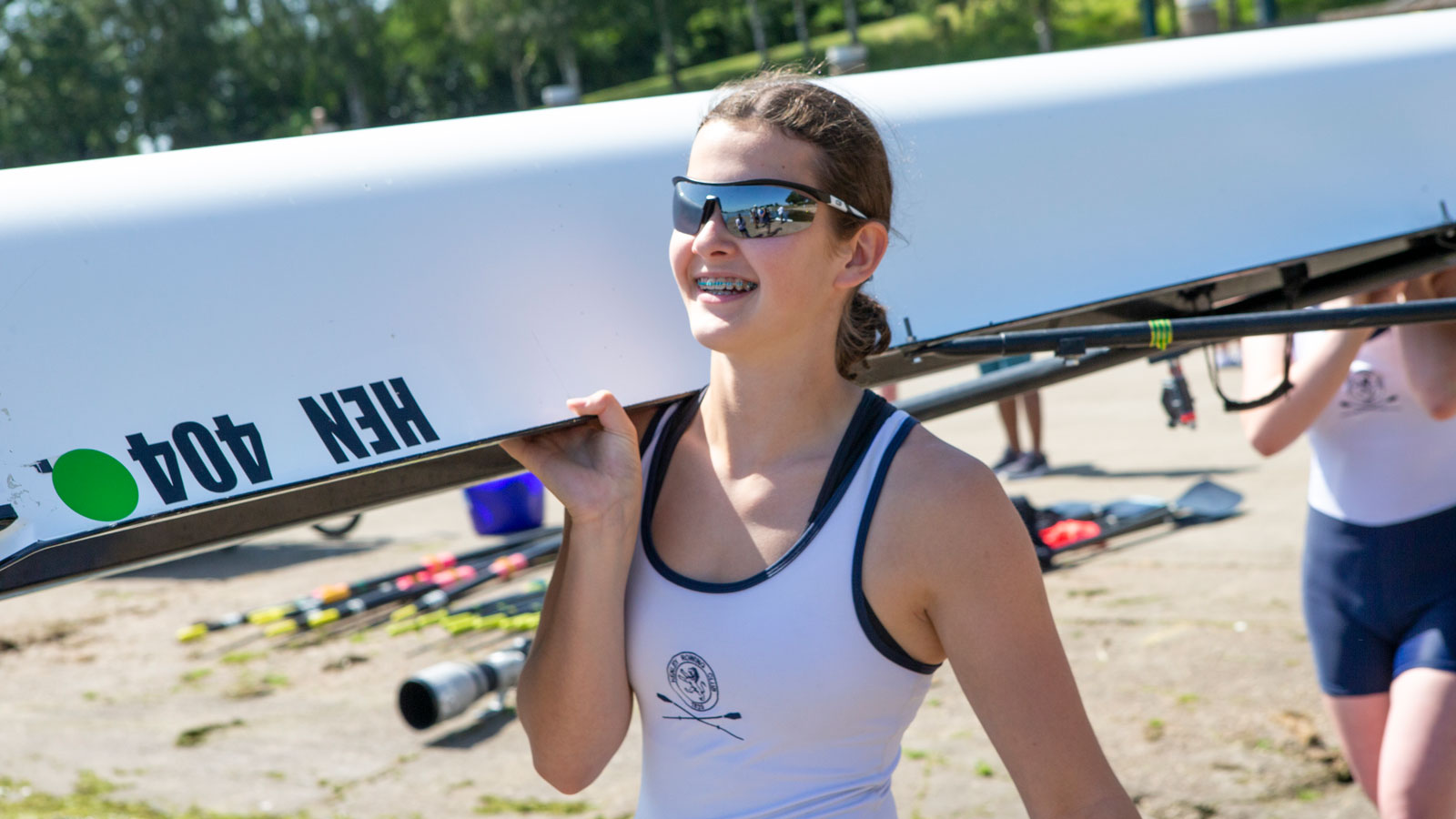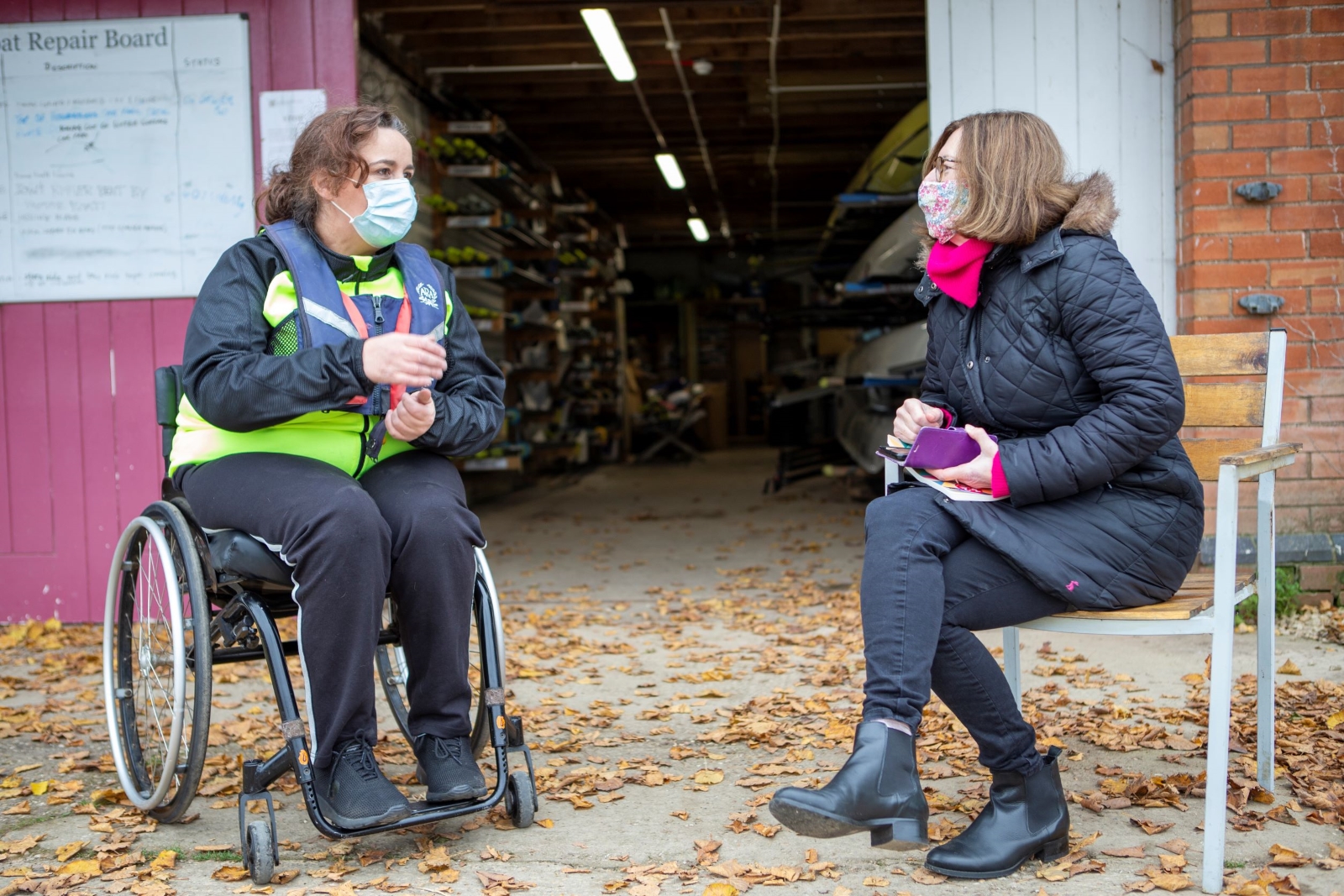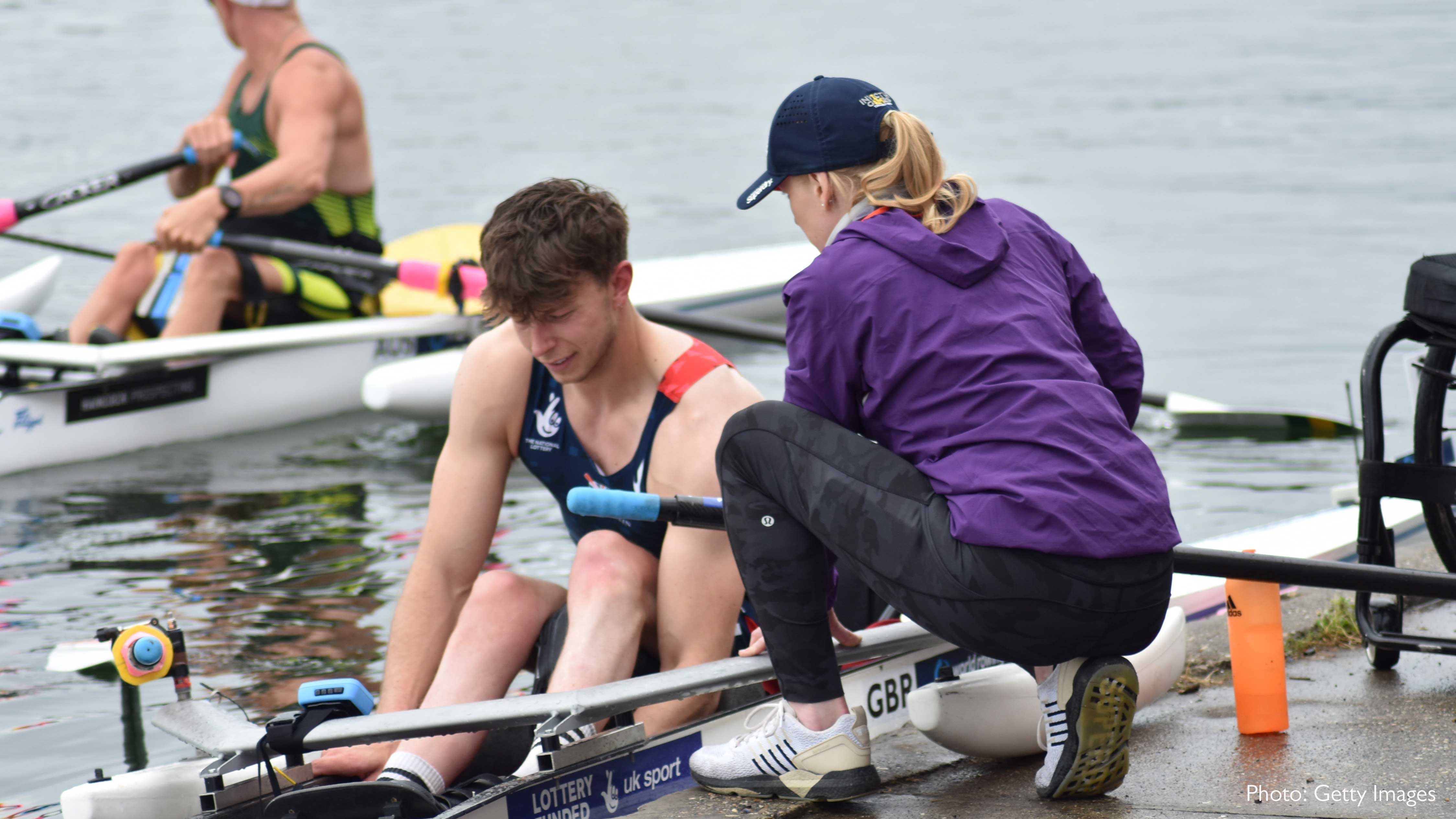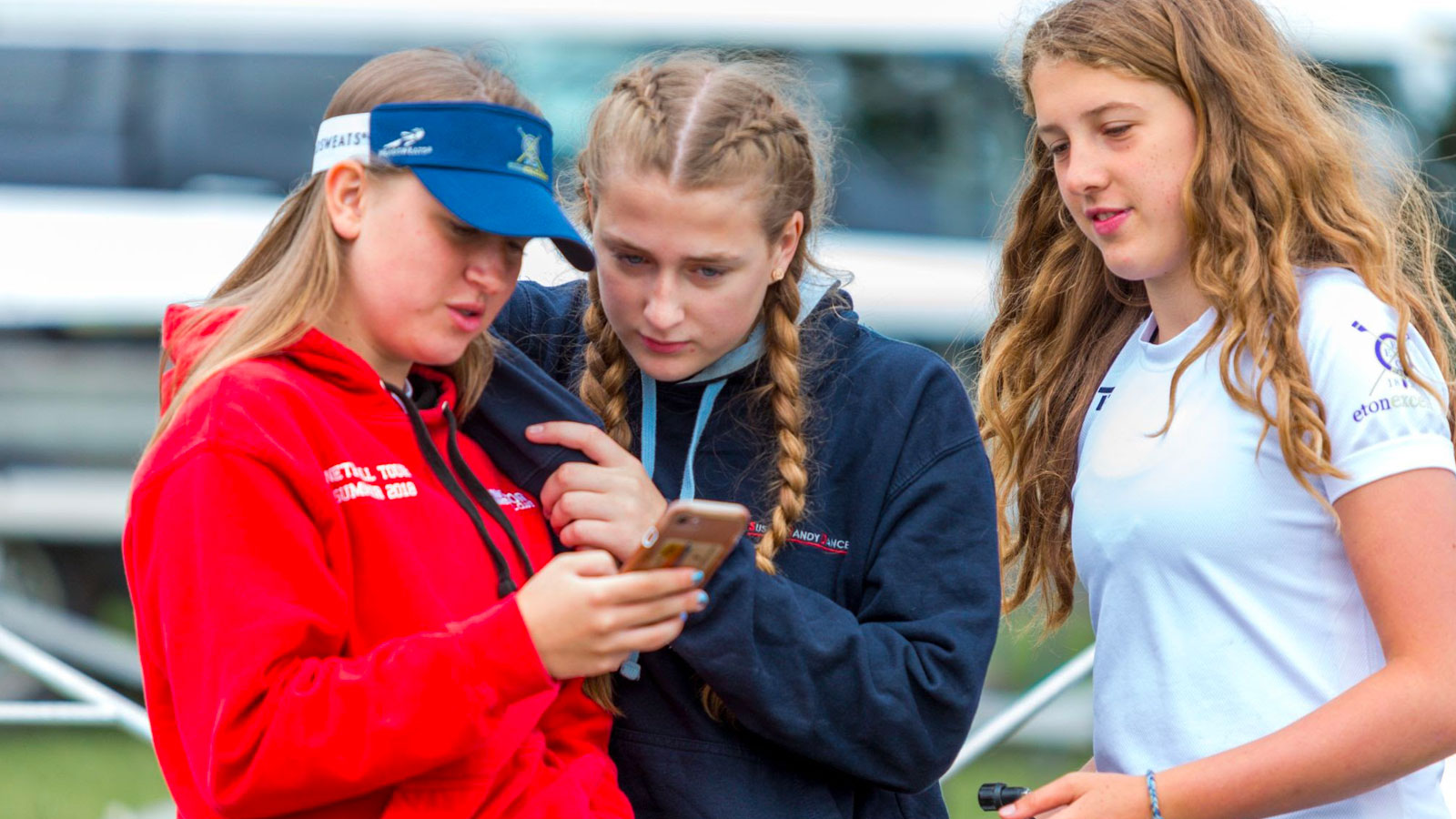Frequently Asked Questions (FAQs)
Who is the Club Welfare Officer?
The Club Welfare Officer is the individual at your club who is responsible for promoting Safeguarding and the welfare of children and adults. Every club affiliated with British Rowing must have a Club Welfare Officer, so ask your club staff who this is. Alternatively, you can contact British Rowing’s Lead Safeguarding Officer.
How do I know if I need a DBS check and who do I speak to if I need one?
Only individuals who are in “regulated activity” require a DBS check. Regulated Activity involves teaching, training, instructing, caring for, or supervising children, or providing guidance on their advice/wellbeing. It must also happen frequently (once a week or more) or happen intensively (on four or more days in 30 days, or overnight (02:00-06:00).
For more information on what regulated activity is, and whether you need a DBS check, please visit Section 7 of British Rowing’s Safeguarding Handbook 1 – the Club Welfare Officer.
What sort of background checks should a club carry out on its coaches, volunteers and employees?
When a club hires new members of coaches, volunteers and employees, this must be carried out in line with our Safer Recruitment guidance, which can be found in section 4 of British Rowing’s Safeguarding Handbook 1 – the Club Welfare Officer. The key recommendations include gathering suitable references and ensuring that individuals are adequately trained and vetted to carry out their roles safely.
How can I make my club safer?
To make your club safer, the best thing you can do is make sure everybody at the club knows who the Club Welfare Officer is. To do this, you can visit our Safeguarding page and download the Club Welfare Officer poster pack, and the Safeguarding leaflet for junior rowers. Another vital step to making your club safe is ensuring your club has proper safeguarding policies and procedures in place.
What policies do we need to have in place for Safeguarding Children and Adults at Risk?
Every affiliated club must adopt the British Rowing Safeguarding Children and Young People policy and the British Rowing Safeguarding Adults at Risk policy. We also recommend clubs adopt our Online Safety and Social Media Policy, our Whistleblowing Policy and our Anti-Bullying Policy. All of these policies can be found in our Safeguarding Handbooks.
What do I do if I see or hear something that I don’t think is acceptable or safe?
As soon as you see or hear something that isn’t quite right, you must report this concern to either the Club Welfare Officer or British Rowing’s Lead Safeguarding Officer. Everyone has a responsibility to report any concerns they may have. Doing nothing is not an option.
How do I know what abuse looks like?
To find out more about what abuse towards children and adults at risk looks like, read sections 2.3 and 2.4 of British Rowing’s Safeguarding Handbook 2 – Handling concerns. It is not up to you to decide if abuse is happening or has happened. If you feel that whatever happened isn’t right, then report this.
Who can I speak to if I think I’ve been abused?
If you’re a child, and you have been abused, you can call the NSPCC hotline on 0808 800 5000, or Childline on 0800 1111. You can also contact the police on 999 in the event of an emergency, or 101. If you’re an adult at risk, you can also call the Hourglass helpline on 0808 808 8141, or contact your local council, to contact the Adult Safeguarding coordinator.
British Rowing also offers further resources to support you.
What do I do if someone has told me about abuse that takes place outside of rowing?
If you receive concerns that arose outside of rowing, such as at a school, or a family home, they must still be reported, either to your Club Welfare Officer, British Rowing’s Lead Safeguarding Officer, or the emergency services. For British Rowing’s safeguarding reporting structure, please refer to appendix 2 and 3 of British Rowing’s Safeguarding Handbook 2 – Handling concerns.
Are coaches allowed to shout at children during training?
No. Any aggressive behaviour from a coach, towards a child or adult, should be reported to the Club Welfare Officer, or British Rowing’s Lead Safeguarding Officer. If coaches shout at children or adults at risk, this could be considered bullying or emotional abuse. For more guidance on how coaches should manage challenging behaviour, refer to section 4 of British Rowing’s Safeguarding Handbook 3 – Club, training, and competition guidance.
Q: When can we start allowing our junior rowers to row or cox in adult (18+) boats?
Children are allowed to row, or cox, in a boat with an adult, as long as there is a DBS checked adult supervising the boat. The child cannot go out in the boat, without being supervised by at least two adults, one of which should be in the boat, and one of which should have a DBS check.
Can children go sculling on their own?
No. At no point should a child be left unsupervised. If a child is sculling, they should only be doing so whilst supervised by a DBS checked coach, with a second adult available.
What Safeguarding training do coaches and Club Welfare Officers need to do? Can I do training?
Any individual working in regulated activity must attend a tutor-led safeguarding workshop, which can be delivered online. Any other individual in rowing is free to carry out any safeguarding training they feel appropriate. For more information on the Safeguarding training requirements, please see section 6 of British Rowing’s Safeguarding Handbook 1 – the Club Welfare Officer.
Can my child be picked up for training by the coach?
Under no circumstances, barring an emergency, can coaches be alone in a car, or any form of transport, with a child. If a coach is driving a child to train, this must have been discussed with the parent or carer beforehand, as an absolute last resort, and at least one other person must be in the car. For more information on this, please see section 8 of British Rowing’s Safeguarding Handbook 3 – Club, training, and competition guidance.
Can our club post pictures of children on our club website or social media pages?
Yes, providing that the pictures were taken following consent by both the children and the children’s parents or carers. You must ensure that you have permission to take the pictures and that you have informed the child and parent/carer what will happen to the picture once it has been taken. For more guidance, please read our Photography and Use of Imagery guidance, in section 1 of British Rowing’s Safeguarding Handbook 4 – Safety in the digital world.
Can my child engage in a group chat with the coach and other rowers?
Yes, your child can engage in group chats. As long as your child is not talking to their coach online, in a 1:1 capacity, this is acceptable. We require all communication between children and coaches to either have the parent/carer included or other rowers. For more information, please see section 3 of British Rowing’s Safeguarding Handbook 4 – Safety in the digital world.
Can we video junior rowers during our water sessions to monitor technique?
Yes, you can video junior rowers. However, consent for this must be obtained from both the child and their parent/carer. You must explain to both parties in full what the purpose of the video is, who it will be shared with, how long it will be stored for and how you will store it. For more information, please see section 1 of British Rowing’s Safeguarding Handbook 4 – Safety in the digital world.
How should the club communicate with parents and juniors? How can we do this safely?
Clubs have a variety of ways they can communicate with parents and juniors, such as club newsletters, emails, groups on social media and group chats, such as WhatsApp. The most important thing clubs must do is to read and adopt the guidance in British Rowing’s Online Safety and Social Media policy, which can be found in section 3 of British Rowing’s Safeguarding Handbook 4 – Safety in the digital world.
How can we make sure our club’s online activity is safe?
If your club is active online, then it is important to adopt British Rowing’s Online Safety and Social Media Policy. It is also very important to have safeguards in place, such as having staff monitoring online content on your website, support procedures in place for children and adults and ways to report offensive behaviour and conduct. For more information on staying safe online, please visit section 4 of British Rowing’s Safeguarding Handbook 4 – Safety in the digital world.


